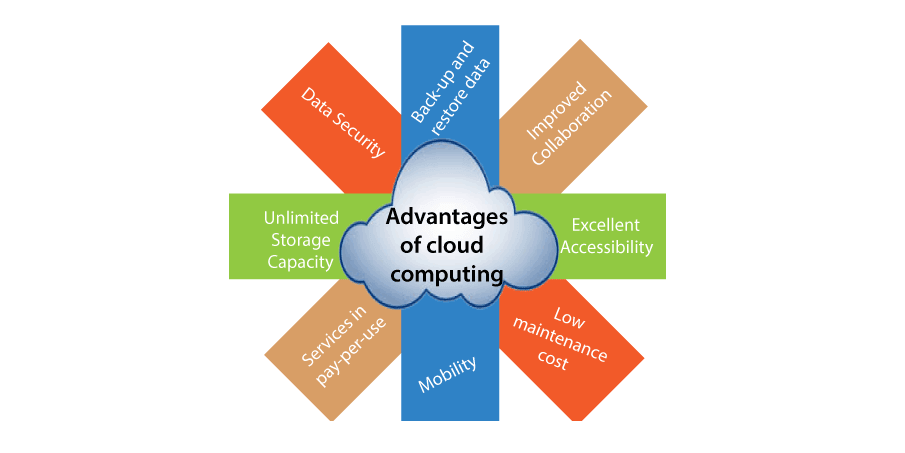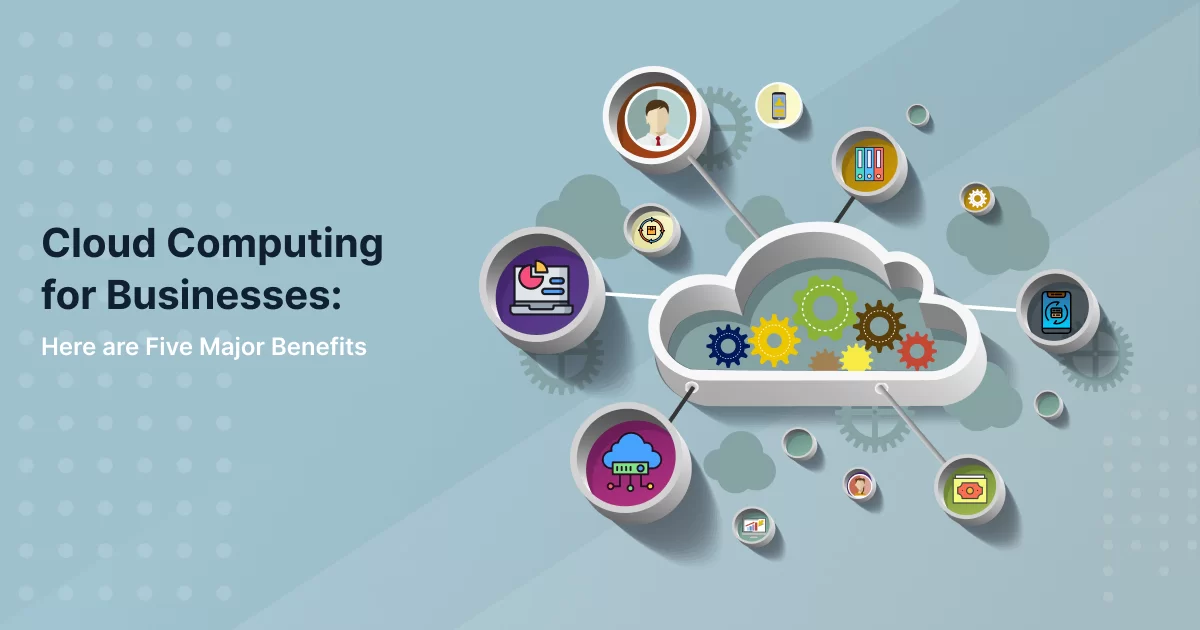Benefits of Cloud Computing for Businesses
Advertisment
Benefits of Cloud Computing for Businesses
As technology continues to evolve, Cloud Computing has emerged as a transformative force for organizations of all sizes. By leveraging the power of the cloud, businesses can streamline operations, enhance efficiency, and significantly reduce costs. This article will explore the key benefits of Cloud Computing for businesses, emphasizing why it has become a critical component of modern IT strategies.
1. Cost Savings
1.1. Reduced Capital Expenditure
One of the most significant advantages of Cloud Computing is the reduction in capital expenditure. Businesses no longer need to invest heavily in physical hardware, servers, or data centers. Instead, they can access IT resources on a pay-as-you-go basis, only paying for what they use. This shift allows companies to allocate resources more efficiently and invest in other critical areas of their operations.
1.2. Lower Operational Costs
In addition to initial setup savings, Cloud Computing can lower ongoing operational costs. Maintenance and upgrades of on-premises infrastructure can be expensive and time-consuming. With Cloud services, the provider handles maintenance and updates, freeing up internal IT teams to focus on more strategic initiatives.
Keywords: cost savings, capital expenditure, operational costs
2. Scalability and Flexibility
2.1. On-Demand Resources
Cloud Computing offers unparalleled scalability, allowing businesses to adjust their resources according to changing demands. Whether experiencing peak seasons or unexpected growth, companies can easily scale up their resources in real-time without the need for extensive planning or investment in physical infrastructure.
2.2. Flexibility to Adapt
Cloud services provide businesses with the flexibility to adapt to market changes. Organizations can quickly deploy new applications, test different solutions, and respond to customer needs without being constrained by physical limitations. This agility is essential for staying competitive in today’s fast-paced business environment.
Keywords: scalability, flexibility, on-demand resources
3. Enhanced Collaboration
3.1. Remote Access
Cloud Computing facilitates enhanced collaboration among teams, especially in today’s increasingly remote work environment. Employees can access files and applications from any location with an internet connection, enabling real-time collaboration on projects, regardless of geographical boundaries.
3.2. Shared Resources
With Cloud services, teams can share resources such as documents, applications, and databases seamlessly. This sharing capability fosters improved communication and teamwork, leading to higher productivity and innovation.
Keywords: enhanced collaboration, remote access, shared resources
4. Data Security and Backup
4.1. Advanced Security Measures
Cloud providers invest heavily in security measures, including encryption, firewalls, and intrusion detection systems, to protect their clients’ data. This level of security is often beyond what many organizations can afford to implement on their own.
4.2. Automatic Data Backup
Cloud services typically include automatic data backup features, ensuring that critical business data is protected against loss or corruption. In the event of a disaster, organizations can quickly recover their data, minimizing downtime and disruption.
Keywords: data security, automatic backup, disaster recovery
5. Improved Performance and Reliability
5.1. High Availability
Cloud Computing providers offer high availability and uptime, ensuring that applications and services are accessible when needed. Most providers guarantee 99.9% uptime, meaning that businesses can rely on their cloud services for critical operations.
5.2. Performance Optimization
Cloud providers utilize the latest technologies and infrastructures to optimize performance. By leveraging distributed resources, businesses can experience faster load times, reduced latency, and improved overall application performance.
Keywords: performance optimization, high availability, reliability
6. Access to Cutting-Edge Technology
6.1. Latest Innovations
Cloud Computing enables businesses to access the latest technologies without the need for substantial investments. Providers continuously update their services, allowing organizations to leverage innovations such as artificial intelligence (AI), machine learning (ML), and advanced analytics.
6.2. Competitive Advantage
By using advanced technologies available through the cloud, businesses can gain a competitive advantage. This access allows companies to innovate faster, improve customer experiences, and streamline operations.
Keywords: cutting-edge technology, competitive advantage, innovation
Conclusion
Cloud Computing offers numerous benefits for businesses, making it a vital part of modern IT strategies. From significant cost savings and enhanced collaboration to improved security and access to cutting-edge technology, the advantages are clear. As organizations continue to adapt to the digital landscape, Cloud Computing will remain a key driver of innovation and efficiency.
Advertisment








Post Comment